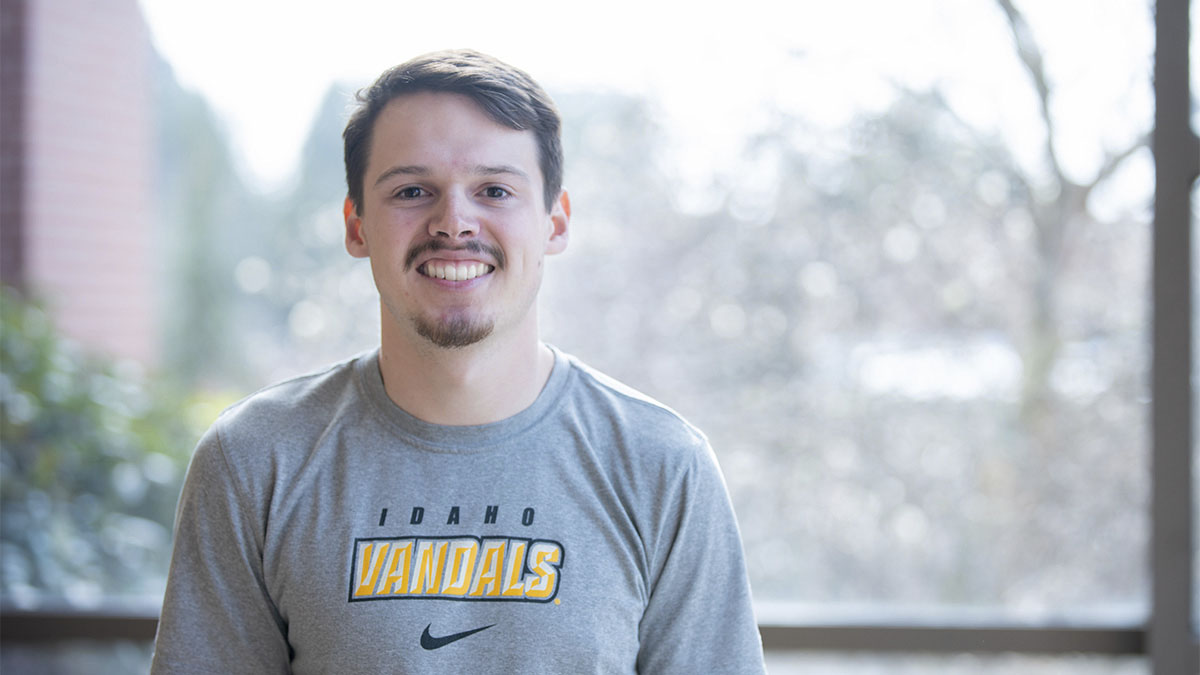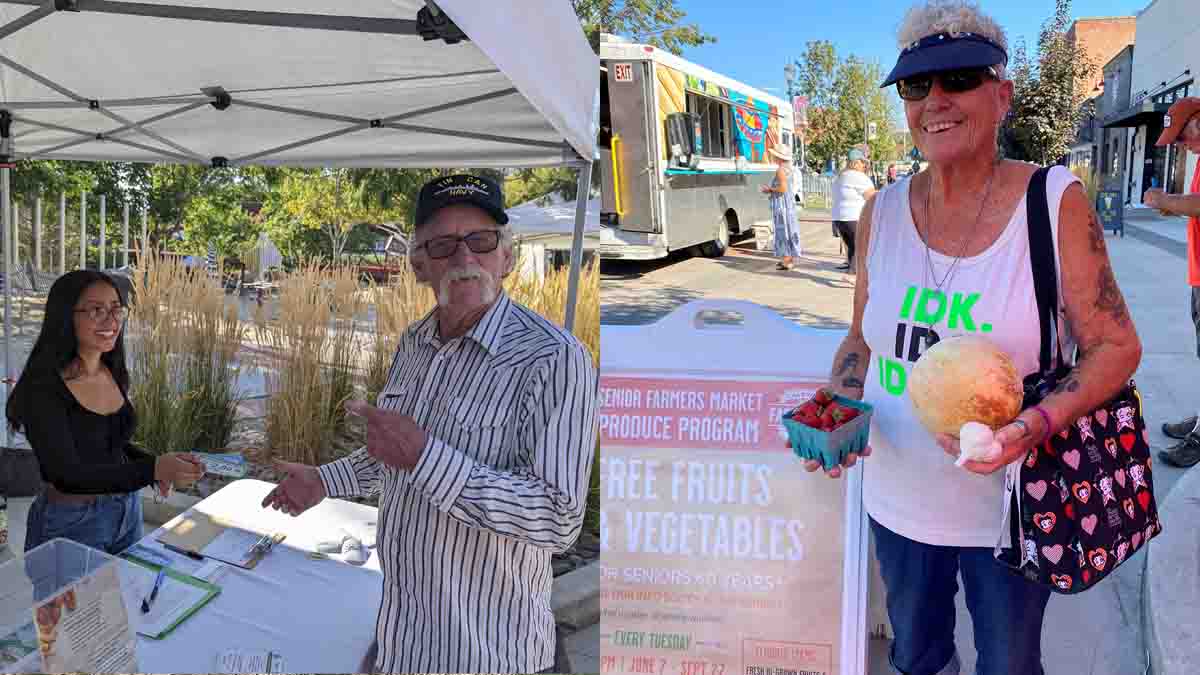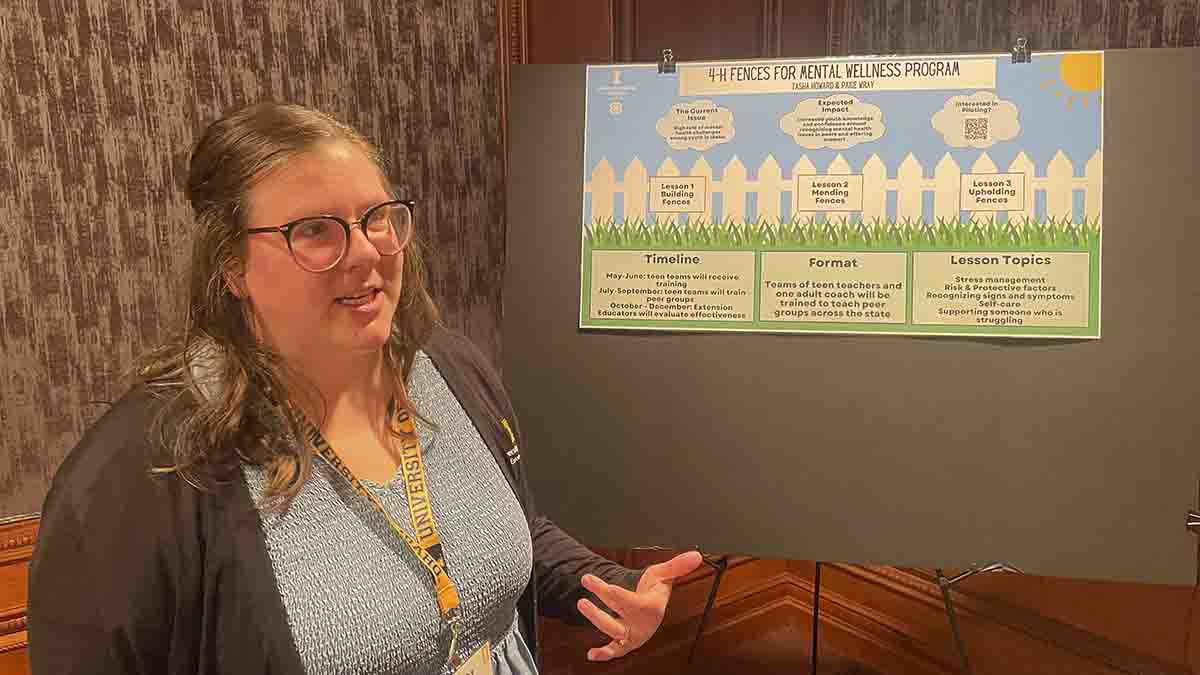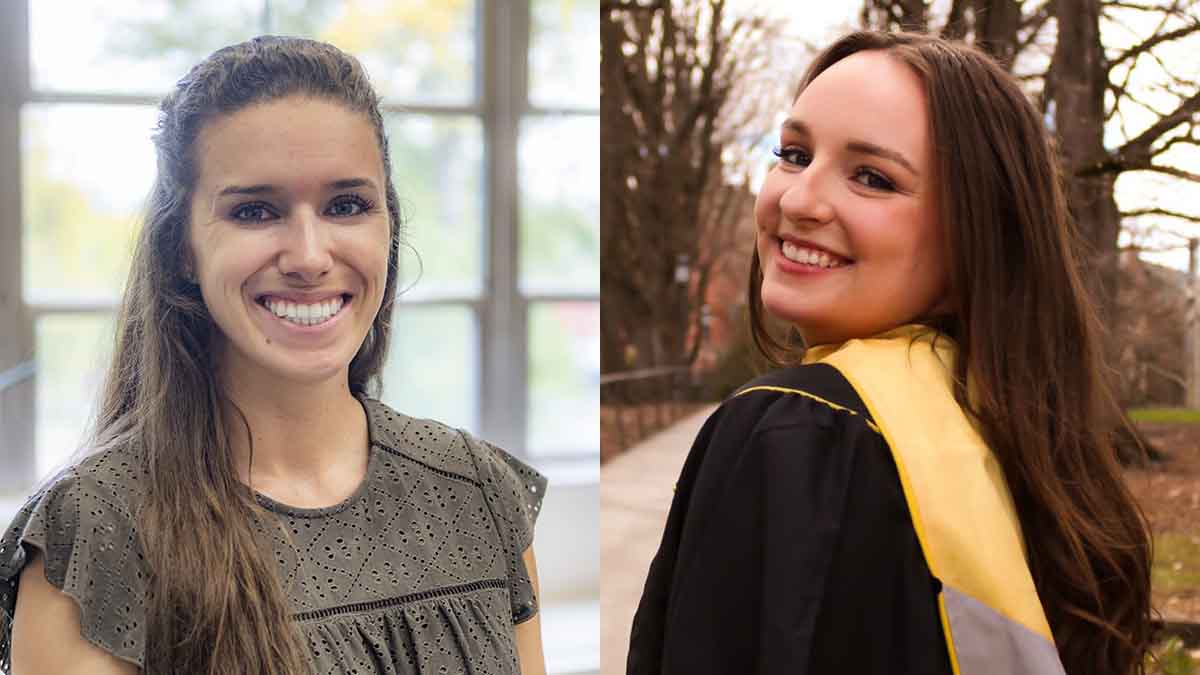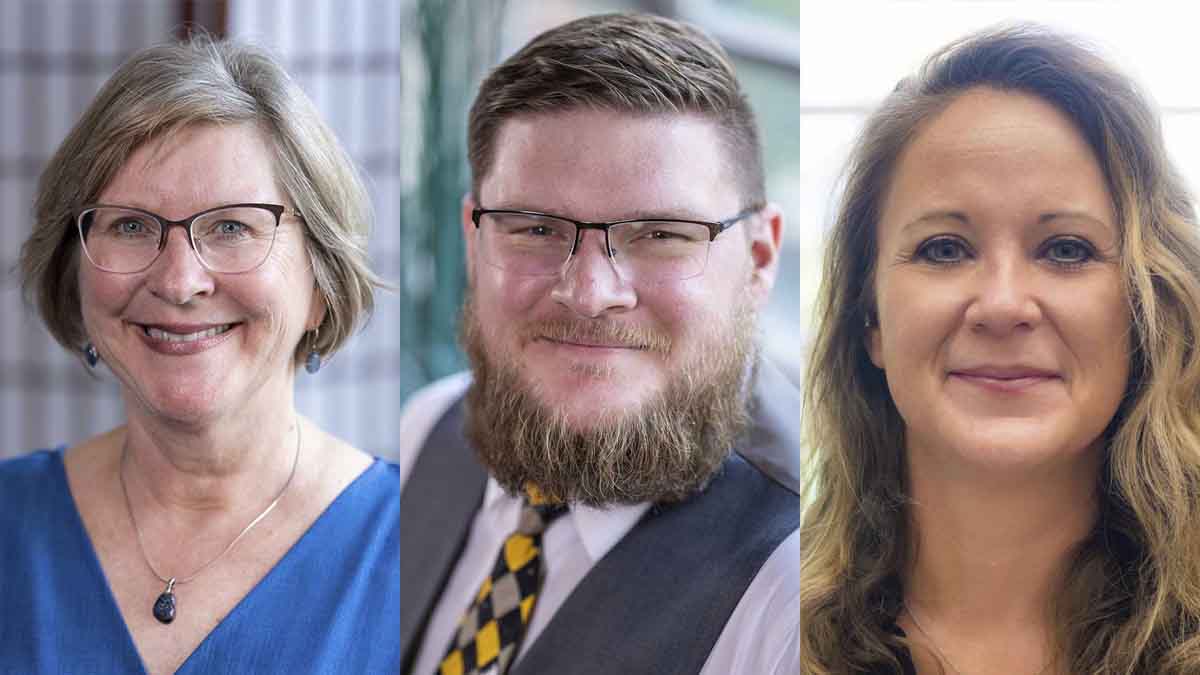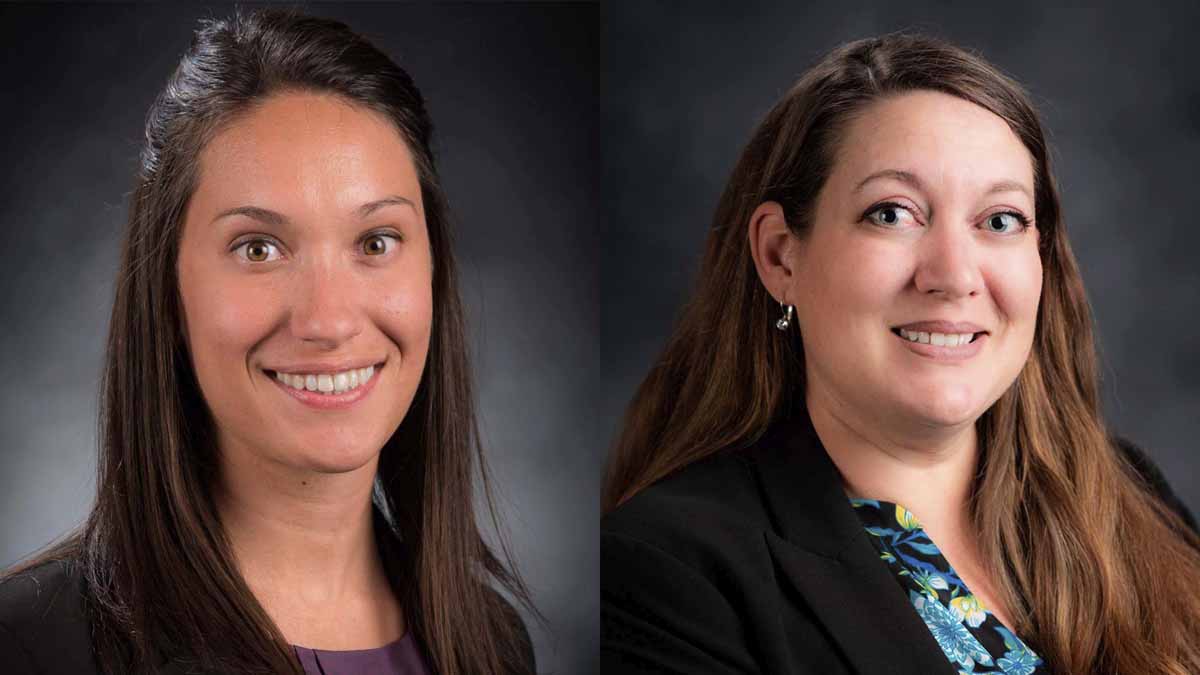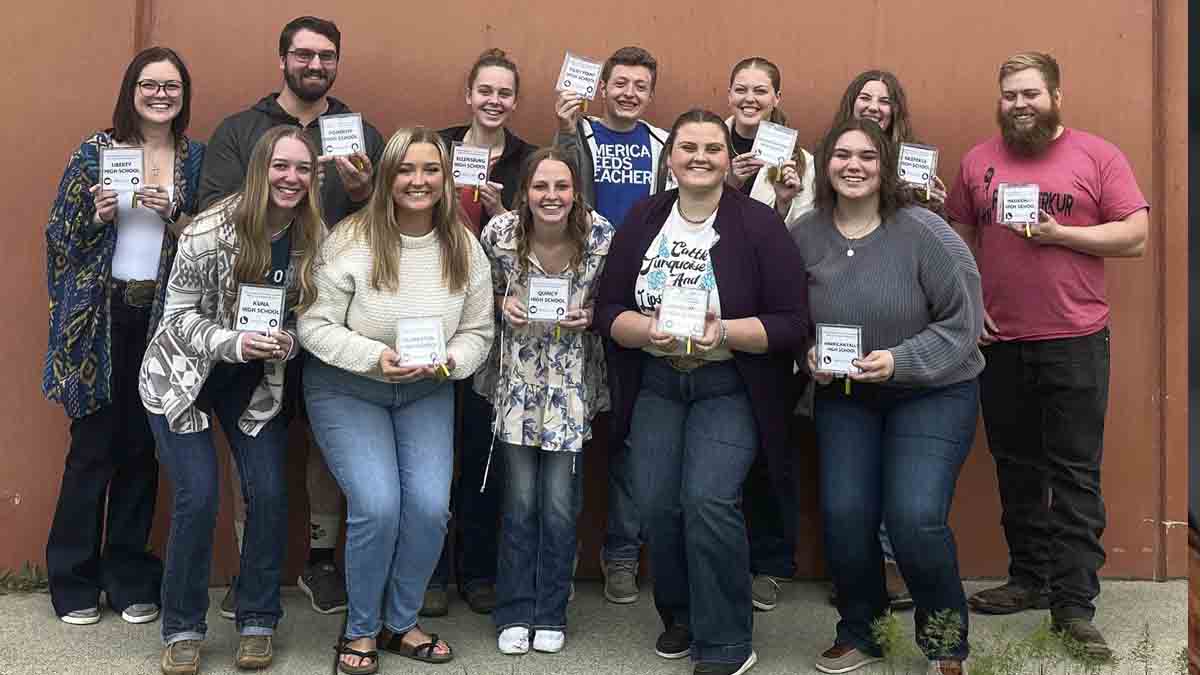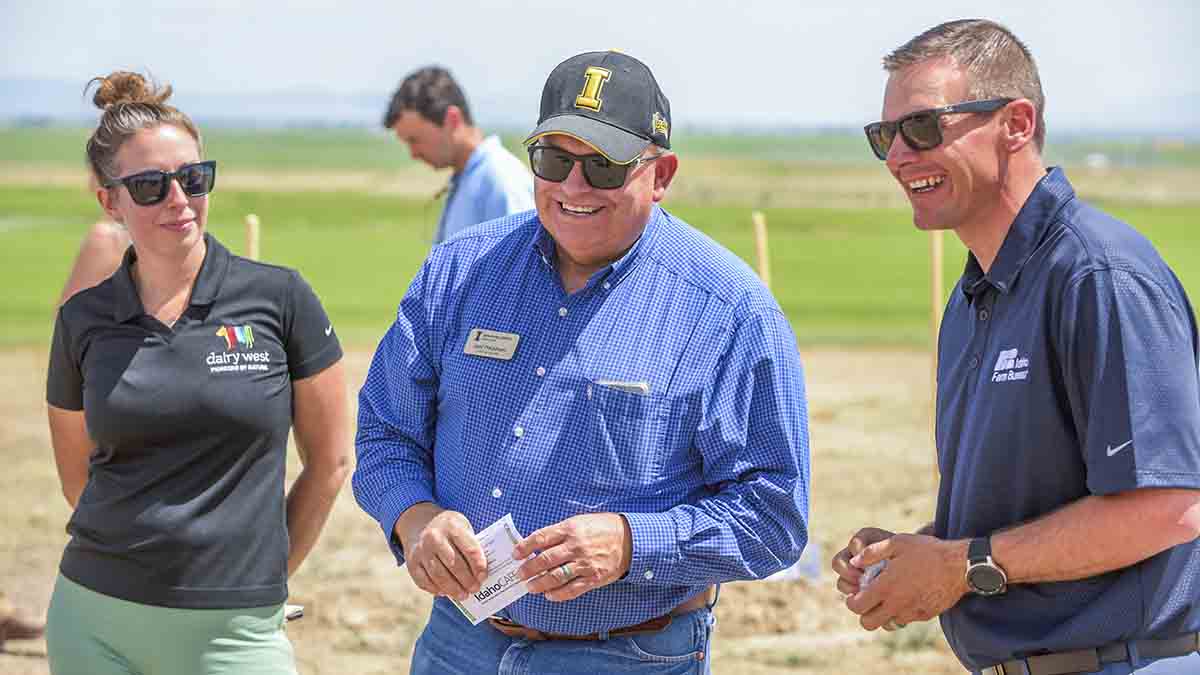Catching Up with CALS — May 31, 2023
Dean's Message — Mooving Forward
On the surface, there wasn’t much to the brief video I received in my email inbox on May 15. Filmed by Mark McGuire, director of our Idaho Agricultural Experiment Station, it showed a cloud of dust rising in the distance over a vacant field, accompanied by the rumble of exploding dynamite. Among the partners involved in planning construction of what will be the nation’s largest research dairy in Rupert, however, the footage was long overdue and cause for celebration. The detonation cleared space for a tunnel that will run beneath the milking parlor’s rotary platform at the Idaho Center for Agriculture, Food and the Environment (Idaho CAFE). A little more than a week prior to the blast, construction crews began excavating the footprint of the forthcoming 2,000-cow dairy.
In short, U of I and CALS are finally making good on a commitment nearly three decades in the making that will be an enormous asset for the largest sector of the state’s agricultural economy — dairy. Idaho is the nation’s No. 3 milk-producing state, with dairy sales comprising 38% of its agricultural cash receipts. Idaho CAFE promises to provide the data to help our state’s dairy farmers navigate an uncertain future while making their operations increasingly sustainable and efficient. Its research will guide strategies to mitigate greenhouse gas emissions from animals, housing areas, waste systems and in-field applications, advancing the dairy industry’s nationwide net zero initiative. The facility will even seek markets for dairy waste, which may be made into valuable byproducts such as bioplastics and transportable fertilizers. An adjacent 640-acre demonstration farm will accommodate research into interactions between dairy production and crop, soil and water health.
Idaho CAFE faced many hurdles and delays that threatened to derail the project entirely. Yet we’re on pace to bring the first cows into the facility before the end of 2024, with milking starting in early 2025. The start of construction represents the culmination of planning efforts that date back to 1995, when the Idaho Dairymen's Association (IDA) approached the university about the concept. CALS currently uses a 100-cow dairy on campus for teaching and research, but this effort is a far cry (and a far distance) from the needs of dairy production in the Treasure and Magic valleys. The CAFE project developed through historically strong partnerships between university leadership, the state Legislature, the dairy industry and related supporters. In 2018, the Legislature allocated $10 million toward the project. Additional funding came in September 2022, when the Idaho Board of Land Commissioners awarded $23.25 million from the sale of CALS endowment land in Caldwell that was no longer being used for experimental research. The project has also benefited from about $9 million in donations from a diverse group of industry supporters — for example, IDA contributed $2 million toward the purchase of farmland in Rupert to house the facility, and Cargill and Burley-based Redox Bio-Nutrients both made recent $500,000 donations. Though we’ve just begun to move earth, Idaho CAFE has already generated more than $13 million in grant activity, supporting the work of more than 30 graduate students and several undergraduates hired as research assistants.
The future of CAFE remained unclear even after a ceremonial groundbreaking at the site in June 2022. Following the public event, we had to delay construction and rebid subcontracts due to sharp increases in building costs. Fortunately, our strategy worked, as the cost of building the dairy has dropped by roughly $4 million since then. Our general contractor, McAlvain Construction of Boise, initially received a single bid for excavation work, as many excavation companies were tied up with other jobs last summer. Several companies competed for the most recent excavation bid, giving us a much better deal. Furthermore, fuel prices dropped, and supply chain constraints relaxed, leading to more affordable materials such as concrete. Another key to reaching this point has been the stellar reputation and commitment of our Idaho CAFE project manager, John W. Wright. Having run his own dairy near Wendell for 41 years, Wright understands the needs of the industry and has the trust of its major players. He’s served as an invaluable intermediary to help us plan a facility that will provide solutions for the industry’s greatest and most pressing needs. For years to come, Idaho CAFE will generate both science-based answers, applicable to Idaho’s unique circumstances, and a steady pipeline of skilled labor to help our dairy industry thrive, thereby propelling Idaho’s overall economy forward. It’s been a roller-coaster ride to reach this milestone, but we’ve done it through teamwork and unshakable resolve. In the coming months, we’ll rely on those same qualities to take this project across the finish line.

Michael P. Parrella
Dean
College of Agricultural and Life Sciences
By the Numbers
At the Margaret Ritchie School of Family and Consumer Sciences, students pursuing a bachelor of science in apparel, textiles and design are well positioned to enter the apparel industry, which is the world’s 2nd largest employer. A central focus of the program is on improving the industry’s sustainability and reducing waste. For example, student projects have delved into creative approaches toward reducing the industry’s environmental footprint, such as turning hops waste into fiber and producing a leather substitute from kombucha tea. According to the United Nations, as much as 8% of greenhouse gases and 20% of global wastewater annually can be attributed to the fashion industry. Earth.org states the 100 billion garments made annually contribute to 92 million tons of fiber entering landfills throughout the world, a number that is only anticipated to increase. To learn about the sustainability efforts in the Margaret Ritchie School of Family and Consumer Sciences’ apparel, textile and design program, read more.
Our Stories
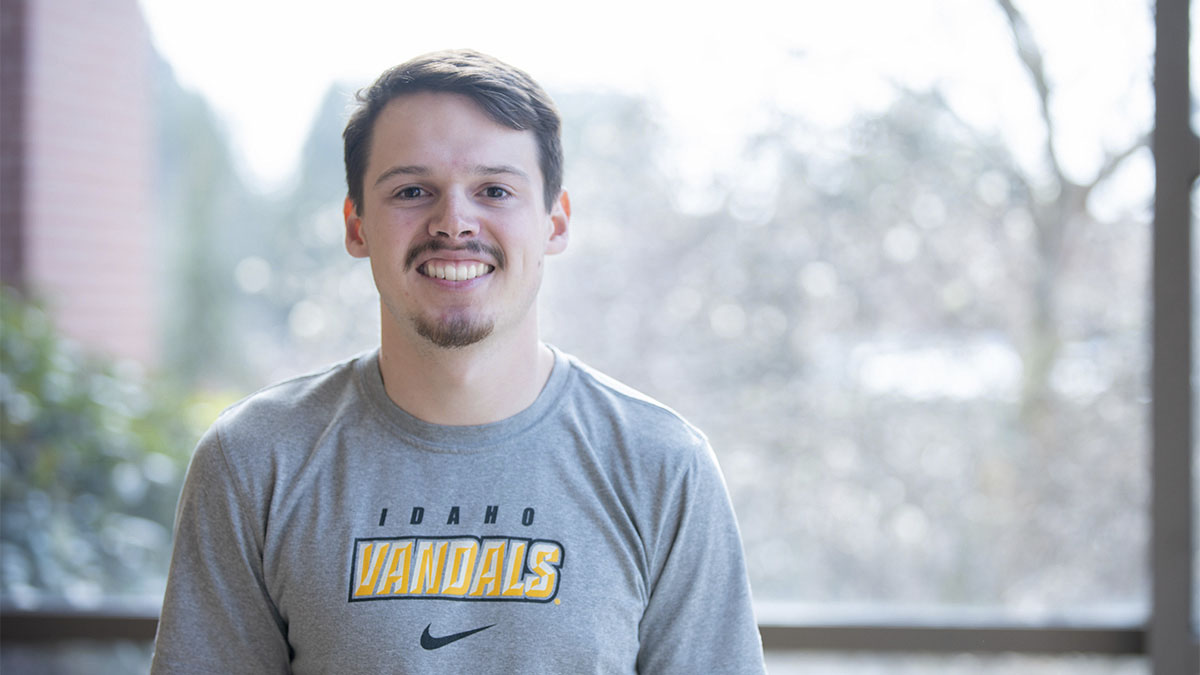
Maximizing Profit
Gavin Merritt’s family has been farming outside Rosalia, Washington for seven generations. He’s always planned on one day taking over the farm, however, he knew he needed some additional education and experience in order to help make the farm as profitable as possible.
Merritt will graduate from the University of Idaho in May 2023 with a degree in agricultural economics: agribusiness emphasis and join Scoular as a grain merchandiser in Twin Falls.
Learning about Risk
Growing up Merritt saw his family struggle with the marketing side of farming. When he learned that U of I offered a certificate in agricultural commodities risk management (ACRM) he saw an opportunity to help his family farm.
“Something that my family farm always struggled with was our risk management, using futures, understanding options so it seemed kind of perfect for me to come here,” he said. “With the certificate, it’s a unique opportunity and really where the money is made is where you know the markets. You need to know how to manage your risk, do all your bookkeeping and understand what you need to make a profit.”
The ACRM certificate allows students to trade actual commodities with real money. Students learn how to develop hedging strategies, understand trading futures, options and spreads, and analyze supply and demand factors.
“The certificate is really unique at the University of Idaho,” Merritt said. “If you want that experience, you need to come here.”
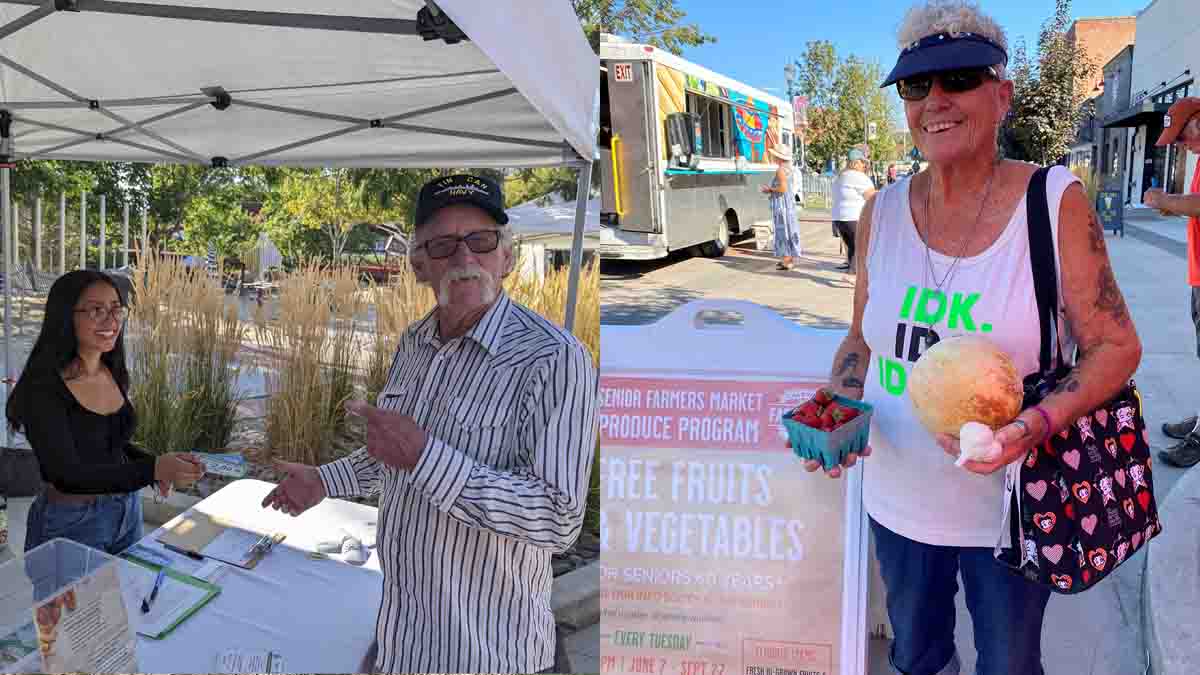
Well Connected Communities
Some of the seniors who received vouchers for the Caldwell Farm to Fork Market have used produce in new ways, while others have introduced salads to their diets.
The food voucher program is entering its third year at the Caldwell farmers market. It was organized by the Caldwell Health Coalition, which was established through a nationwide Cooperative Extension initiative devoted to cultivating wellness in participating communities. Organized in partnership with National 4-H Council, the initiative, called Well Connected Communities, is supported by the Robert Wood Johnson Foundation.
“We had a senior explain she felt like a queen — she felt like a gourmet cook — when she put together her salads, and she was even taking pictures of them,” said Lindsey McConnell-Soong, Well Connected Communities program manager based at the U of I Caldwell Research and Extension Center.
UI Extension educator Tasha Howard, Canyon County, expected the positive feedback from participating seniors regarding the program’s nutritional benefits. Much of the Caldwell area is considered a food desert based on poor access to stores offering nutritious foods, as well as the high percentage of low-income households.
The voucher program, however, has also delivered surprising social benefits. A favorite aspect of the program that participants have emphasized in surveys is that it forces them to leave home and experience a community event, where they walk outdoors, listen to music and socialize.
“A lot of them stayed for music and dancing. We know they built friendships, and they really enjoyed weekly conversations with vendors,” Howard said. “It showed us this program is doing a lot of different things.”
McConnell-Soong added, “The sense of community and belonging and the personal connections happening have seemed to be the greatest impacts on our individual seniors.”
Well Connected Communities has established community health coalitions involving UI Extension and several other area partners, who host regular meetings to identify local health needs and develop programs to address them. UI Extension wasn’t among the awardees when Well Connected Communities made its initial call for proposals in 2017 but joined anyway as a self-funded program, establishing health coalitions in Caldwell and Marsing by 2018. Having already laid the foundation for its program, U of I succeeded in securing funding during the second and third Well Connected Communities grant cycles.
The goal is for health coalitions to evolve into self-sustaining community organizations.
Caldwell’s Senior Produce Program is supported with $10,000 in donations from partners in the Caldwell Health Coalition, including the city of Caldwell and St. Luke’s Health System. Residents 60 and older receive $6 vouchers, which they can redeem at the farmers market for locally produced food.
The Caldwell Health Coalition also reviewed a walkability report developed for the city of Caldwell. The coalition recruited volunteers to observe challenges and potential dangers during student drop-off and pickup times and then reported observations to the city’s traffic commission, resulting in the expansion of a school speed zone. St. Luke’s donated funds for new crosswalk signs, and other members donated pedestrian safety bookmarks and reflectors to give students.
In Owyhee County, Southwest District Health, which had been operating its own Community Health Action Team, merged its program with the Marsing Health Coalition in 2021. The partners expanded to encompass Homedale and began operating as the Owyhee Health Coalition.
The Owyhee Health Coalition aims to host its third community health fair this summer to raise awareness about health-related resources available to community members and how to access them. During the 2022 health fair, the Idaho Food Bank committed food boxes to help participants in need, and a foot race was added as a related event.
The Owyhee Health Coalition is also pursuing grant funding to help the local school district build a track and field.
“The school district is really heavily involved in the coalition, and that’s a big desire for the community,” UI Extension educator Surine Greenway, Owyhee County, said of the track and field project. “There’s also a separate project with loneliness. We’re really going to focus on that loneliness issue across ages.”
In 2020, UI Extension established a health coalition in Preston, which developed and distributed a list of area recreational opportunities to help the public be physically active. Despite efforts from the Well Connected Communities team, the Franklin County Health Coalition struggled to gain traction in the community and was dissolved in February.
“What I see happening in the health coalitions is Extension’s reputation as a valuable health partner in the community is growing and expanding beyond its traditional roles,” McConnell-Soong said.
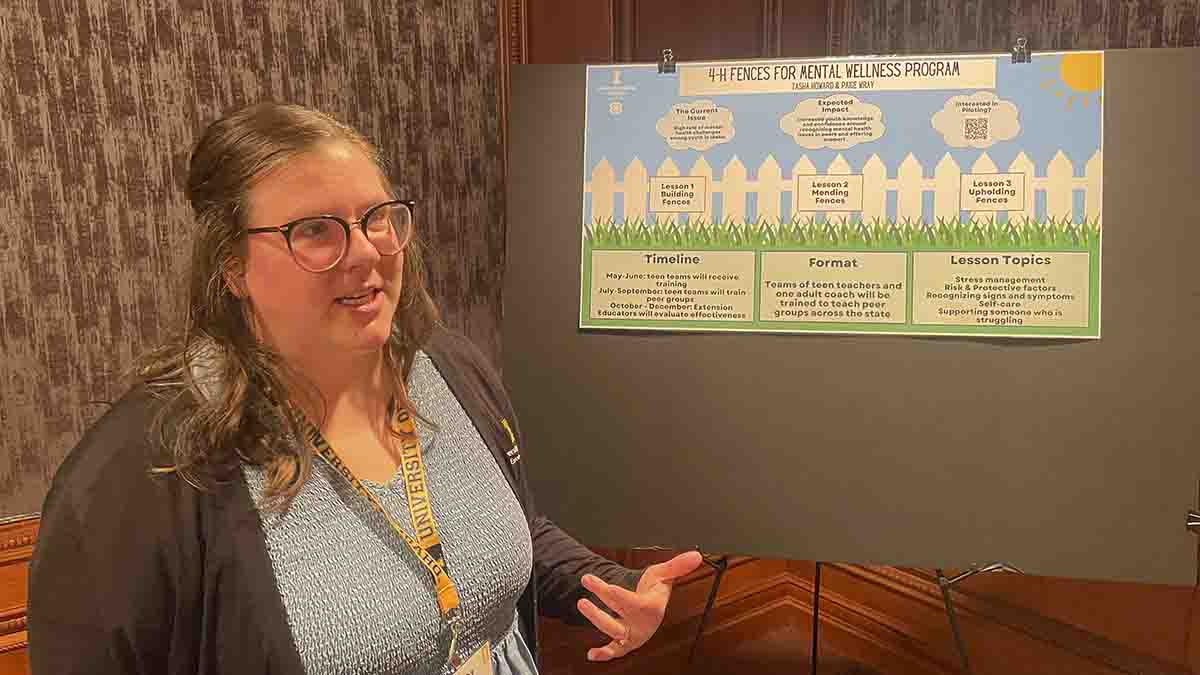
Dementia Friends
University of Idaho Extension educators have been dispelling widely held myths about dementia and building patience and empathy toward people living with the common neurocognitive disorder through an ongoing pilot program.
UI Extension facilitates Dementia Friends sessions that each span about 90-minutes, offered both in-person and online, in partnership with the Idaho Department of Health and Welfare Alzheimer’s Disease and Related Dementias Department (IDHW-ADRD). After completing a session, offered at no charge to the public, each participant receives a certificate of completion.
The Alzheimer’s Disease and Related Dementias program, housed within the IDHW Division of Public Health, holds the license to offer the program in Idaho and awarded UI Extension a $21,000 grant in February to launch the state’s Dementia Friends pilot. The pilot program, aimed at improving the lives of those who live with dementia by helping community members understand what dementia is and how it affects people, will wrap up in mid-June.
“A Dementia Friend is someone who after learning this information, they turn that understanding into action,” said Tasha Howard, a UI Extension educator based in Canyon County who is certified to teach Dementia Friends. “You set an action plan for yourself of how to be a Dementia Friend within your community, family and workplace.”
Dementia Friends was first started by the Alzheimer’s Society in the United Kingdom. Idaho has a separate Dementia Friends program for Native American tribes.
IDHW-ADRD trained the UI Extension trainers — Tasha Howard and Bridget Morrisroe-Aman in the southern district, Kathee Tifft and Kirstin Jensen in the northern district and Laura Sant and Leslee Blanch in the eastern district. They’ll remain certified indefinitely to host Dementia Friends sessions, and there are plans for IDHW-ADRD to train additional dementia champions to facilitate the program.
IDHW-ADRD and UI Extension plan to meet in late June to evaluate their pilot, and IDHW-ADRD hopes to find additional funds to continue it.
The information session includes an informational video and content explaining the differences between aging and dementia, as well as tips for communicating effectively with someone living with dementia. Participants learn that dementia is the general term for cognitive and memory loss severe enough to interfere with daily life, and Alzheimer’s disease is the most common cause of dementia.
“The information shared in a session is based on research. Part of Extension’s mission is to bring research and education into the community, and I think it fits perfectly with that,” Howard said.
Alzheimer’s is on the rise in Idaho, based largely on an increase in senior citizens moving into the state. The state is expected to have 33,000 people living with dementia by 2025, which would represent an increase of more than 22% from 2020, according to the Alzheimer’s Association. Furthermore, the association found more than 65,000 unpaid caregivers aided Idaho residents living with Alzheimer’s in 2022.
Thus far, the Dementia Friends sessions have been popular among people living with a family member who has dementia, as well as those who are aging and wish to educate themselves on the early signs of dementia.
“There’s a lot of misinformation about dementia,” Howard said. "A lot of people think you can’t live a good quality of life if you have a dementia diagnosis, and a lot of people think somebody has dementia when they’re just getting older.”
As Howard learned through the program, it’s not unusual for a person to forget the reason for walking into a room, but it could be a sign of dementia if the person can’t recall where they are when they enter that room.
Based on her training, Howard, who has a grandparent with dementia, has become more patient and empathetic toward people who process facts slower than herself. Another point of emphasis taught in the program is to phrase words in a positive manner when dealing with those who have dementia. For example, tell them, “Let’s go here,” rather than, “Don’t go there.”
“The information we provide in a session, I’ve seen it really resonates emotionally,” Howard said. “In program evaluations, a lot of people are saying, ‘I never thought about it that way.’ They’re learning something new and they’re able to take that and put it into their life.”
Faces and Places
Katie Messerly and Megan Follett, both recent graduates in the master of science dietetics program, participated in the 2021-2023 cohort of North Idaho Area Health Education Center scholars.
Congratulations to the CALS faculty and staff who were honored recently with University Excellence Awards. Shelley McGuire, professor and director of the Margaret Ritchie School of Family and Consumer Sciences, received the Excellence in Research and Creative Activity Award. This award was established to recognize and encourage excellence in all forms of scholarly research and creative activity. Trevor White, academic advisor in the Margaret Ritchie School of Family and Consumer Sciences received the Advising Excellence Ward. This award recognizes exemplary advisors who demonstrate strong dedication to student needs and passion for inspiring students to discover and achieve their full potential. Erin Chapman, associate professor in the Margaret Ritchie School of Family and Consumer Sciences, received the Dr. Arthur Maxwell Taylor Excellence in Diversity Award. This award recognizes exceptional performance in at least three areas: has demonstrated or promoted a continuous commitment to diversity and inclusion on campus through tangible actions; sponsored or coordinated programs on campus that have cultivated diversity and inclusion; or has exceptional work in the area of diversity and inclusion that has encouraged dialogue, promoted reflection, built community or inspired action. Katherine Lee, associate professor in the Department of Agricultural Economics and Rural Sociology, and Kasee Smith, assistant professor in the Department of Agricultural Education, Leadership and Communications, each received the Presidential Mid-Career Award. This award acknowledges achievements made by gifted faculty during the middle of their career, who have demonstrated a commitment to outstanding scholarship, teaching and engagement.
Thirteen agricultural education students learned where they will be student teaching during the spring 2024 semester. Six students will teach in Idaho including Elizabeth Bearden at Kuna High School, Sophia Cori at Mountain Home High School, Mitchell Jackson at Hagerman High School, Hannah Love at Nezperce High School, Rachael Melad at Filer High School and Shaylyn Young at American Falls High School. Five students will teach in Washington including Tanner Anderson at Pomeroy High School, Philina Beare at Quincy High School, Kennedy Cox at Liberty High School, Grace Greenwalt at Clarkston High School and Alissa Whitaker at Ellensburg High School. Rounding out the group is Courtney Marshall teaching at Broadwater High School in Montana and Alec Vineyard will teach at Pilot Point High School in Texas.
UI Extension Educator Joel Packham retires May 31 after 33 years of service to the University of Idaho. He joined UI Extension in 1990 as an educator in Bear Lake County. In 2010 he transferred to Cassia County, teaching farm and ranch financial management programs, educating producers on the use of grazing cover crops for soil management and teaching 4-H youth about livestock management.
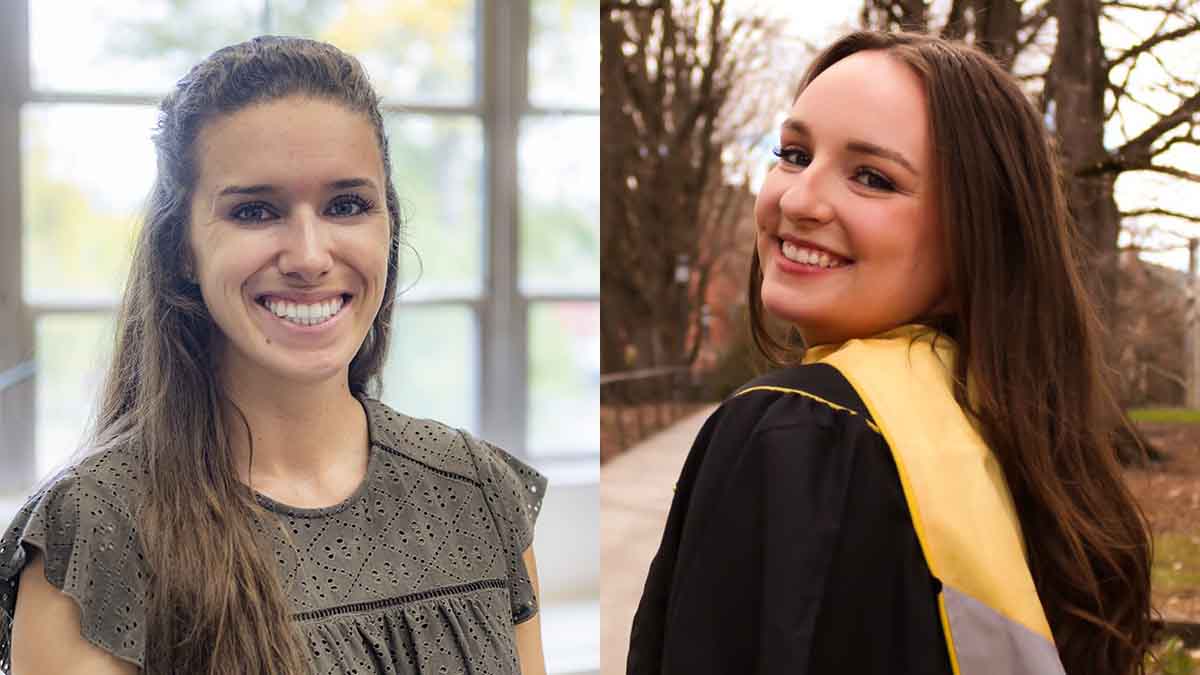
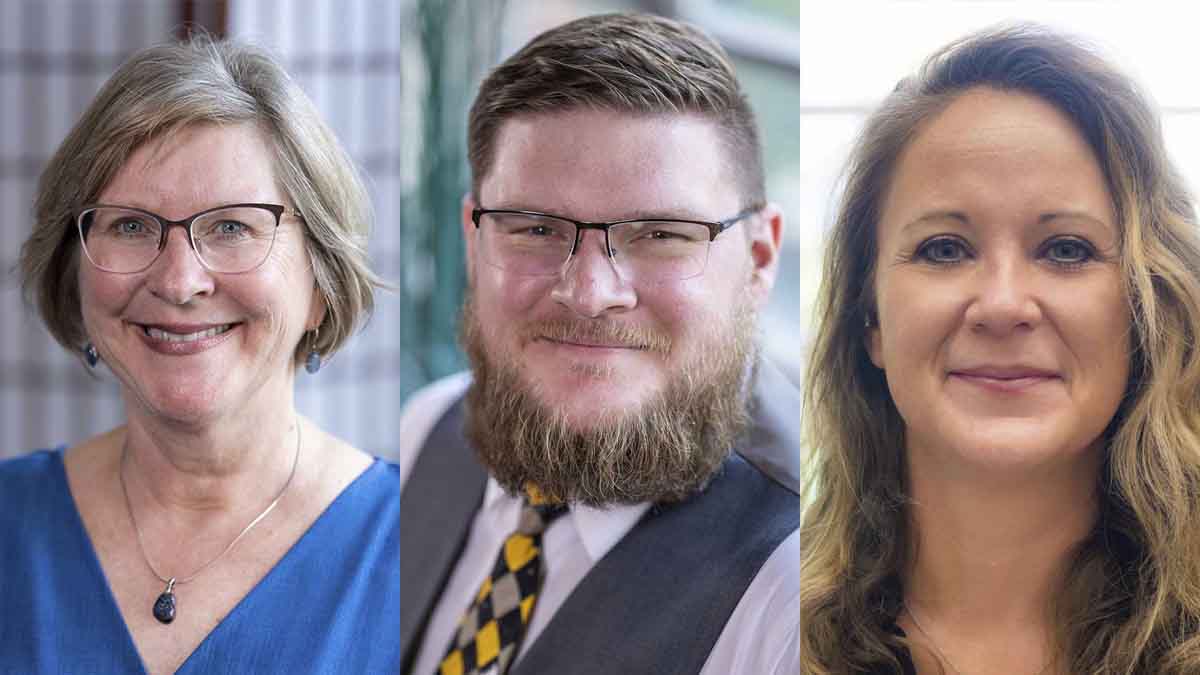
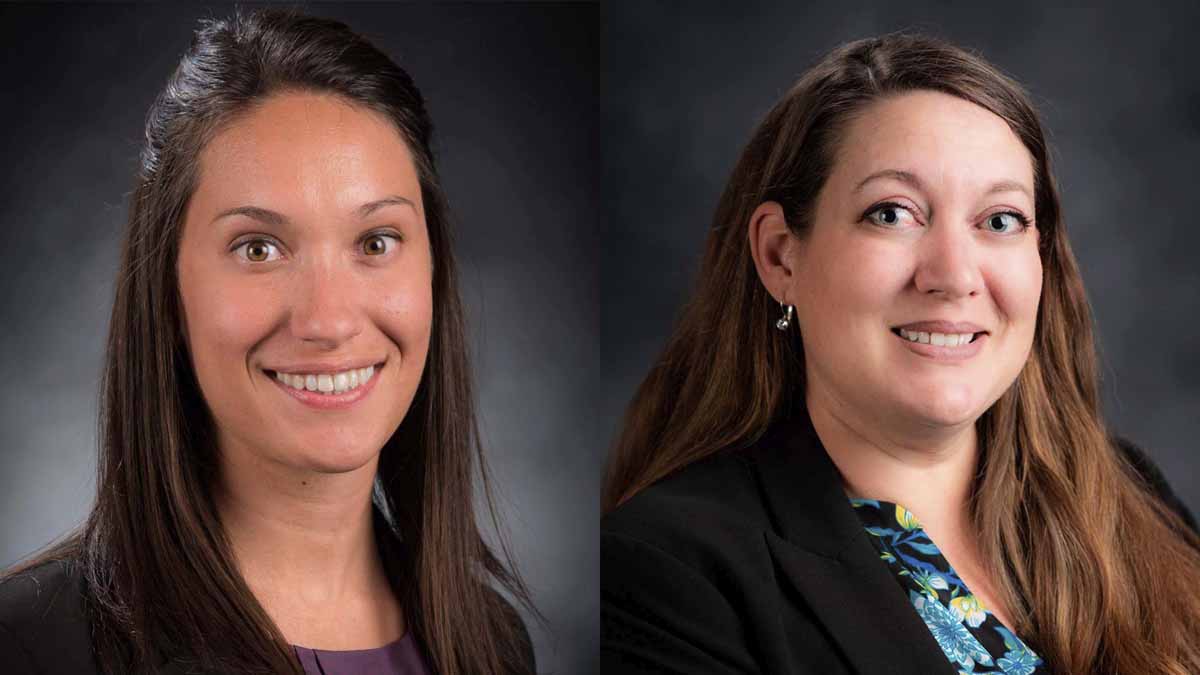
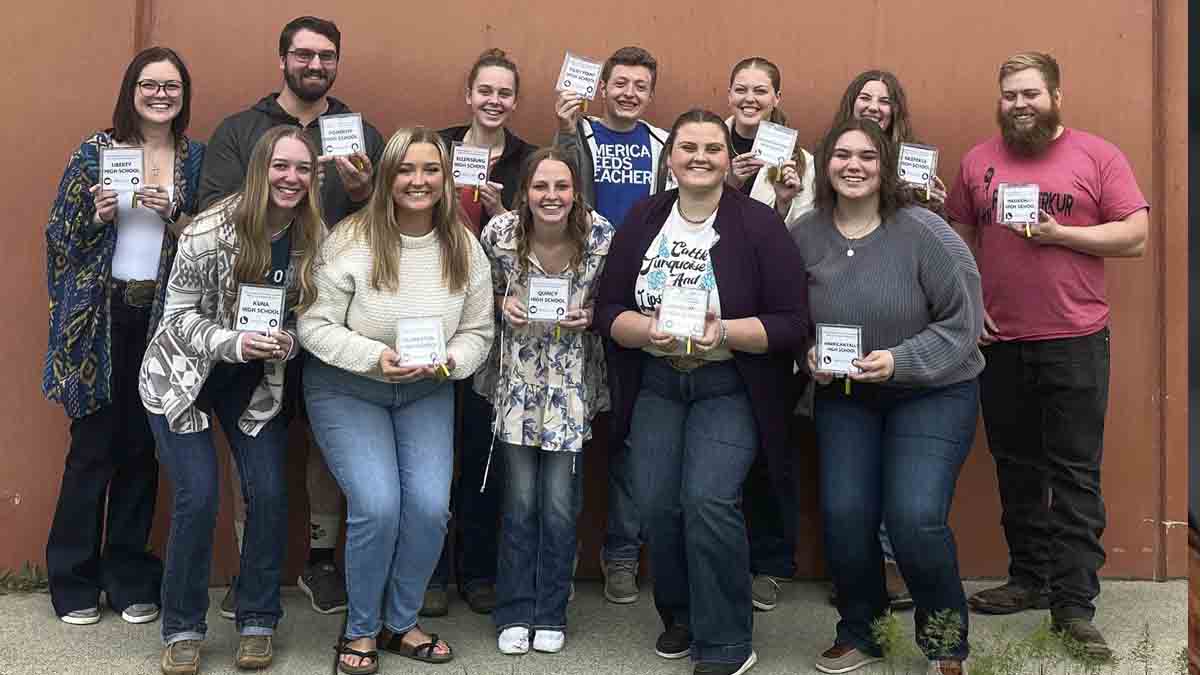
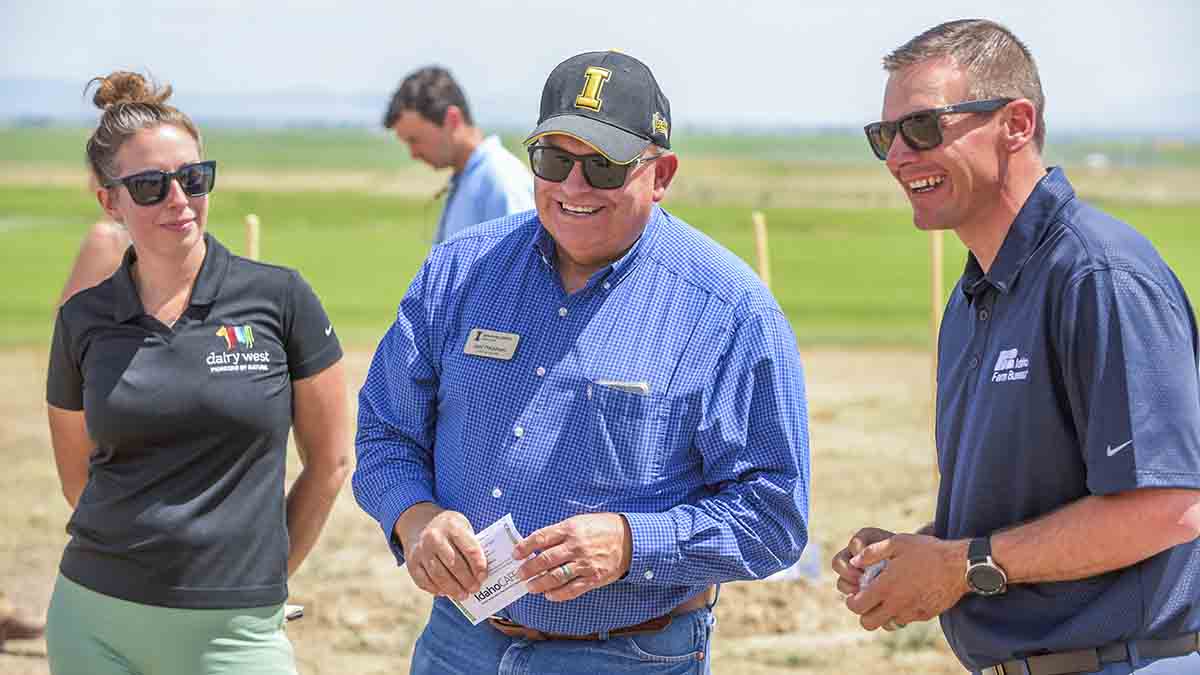
Events
- June 2, 3 — Sagebrush Saturday, Lecture on recreation in Hailey, June 2; Hands-on activity at Rinker Rock Creek Ranch, June 3
- June 6 — Ag Talk Tuesday, online
- June 6-9 — Idaho FFA Career Development Events, Moscow
- June 14, 21, 28 — Forestry Shortcourse, Sandpoint Organic Agriculture Center
- June 21 — Agricultural Field Day Tour, Parma Research and Extension Center
- June 26-29 — Idaho 4-H State Teen Association Convention, Moscow
- June 27 — 2023 Snake River Weed Management Tour, Aberdeen Research and Extension Center
- June 28 — 2023 Snake River Weed Management Tour, Kimberly Research and Extension Center







